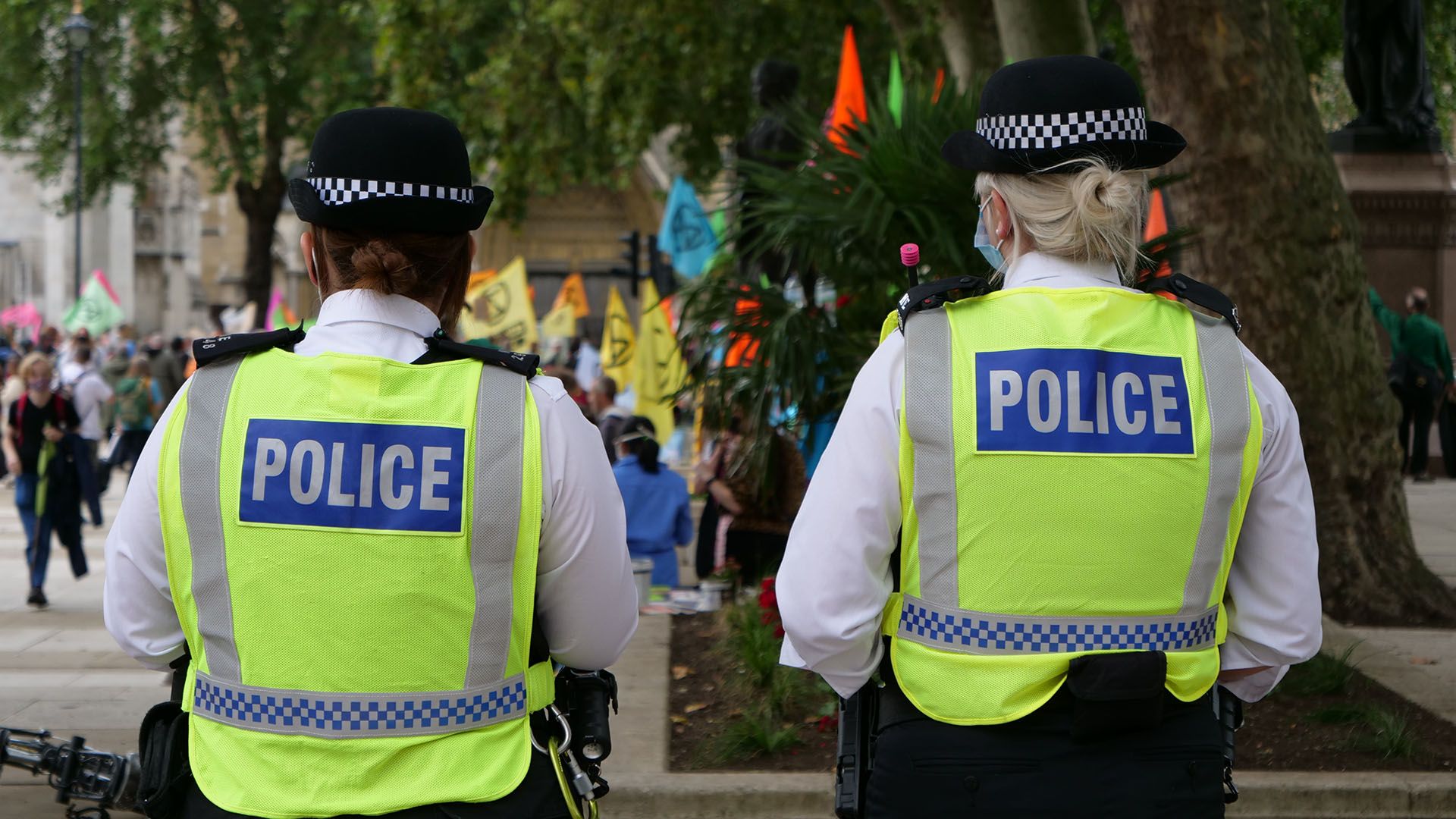Course Summary
The Level 3 Applied Diploma in Criminology considers the nature, causes and control of criminal behaviour in both society and on an individual level. While studying this course you will consider some of the current issues in society, you will carry out research on types of crimes and present an explanation for why they happen, this could include references to family background, mental health issues and biological causes. You will study the process from the crime scene to the courtroom and the trial process.
While on this course you will have the opportunity to attend trips to Criminal Courts, where you will see the application of the laws, we have studied in their real-life environments.
Careers / Progression
Students studying this course would be able to progress on to careers in Public Services, Medicine, Forensics, Law, Psychology and Sociology. We have students who are applying to courses which will support their career progression as a Police Sergeant.
Entry Requirements
Grade 5 in English Language, English Literature and a Humanities subject.
Examination Board
Assessment
|
50% exam based. 50% controlled assessment |
||
|
Unit 1 – Changing Awareness of Crime |
8 hour Controlled Assessment. |
25% |
|
Unit 2 – Criminological Theories |
90 minute exam |
25% |
|
Unit 3 – Crime Scene to Courtroom |
8 hour Controlled Assessment |
25% |
|
Unit 4 – Crime and Punishment |
90 minute exam |
25% |

